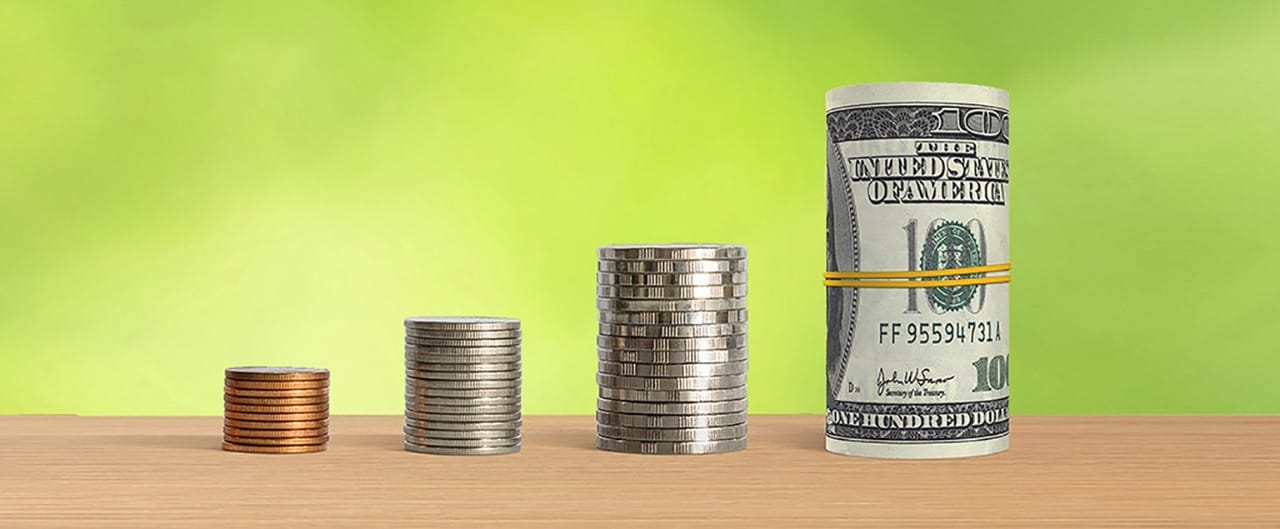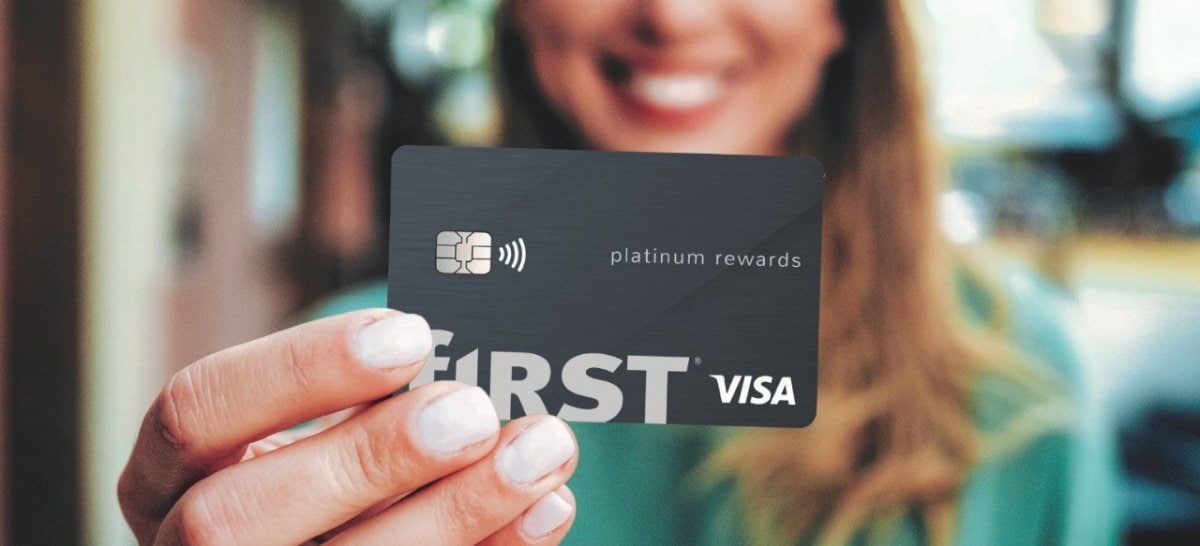

financial strategies: certificate of deposit
CDs can earn you more money. Learn about the terms and benefits and how to set up an account
When it comes to saving money, there are a few banking tools that people are familiar with, like savings accounts, money markets, and 401k; however, CDs don't come into the conversation quite as often.
No, we’re not talking about compact discs, but certificates of deposit. Certificates of deposit (CDs) are great ways to grow your money faster, but before you choose to open a CD, here is some information on the features of this type of account.
What is a certificate of deposit?
A certificate of deposit, or CD, is a type of product offered by banks and credit unions that is similar to a savings account. It allows you to deposit funds with a financial institution to earn interest.
The difference between a CD and savings account is, a CD requires you to leave your money in the account without touching it for a certain amount of time. They have rates that are usually fixed, so the offer you get when you first open it will last the duration of the CD.
Most accounts last anywhere from 30 days to 5+ years depending on the financial institution’s options. Usually the longer the CD term, the higher the interest rate.
What types of CDs are there?
There are a variety of ways to invest in CDs.
- A traditional CD: deposit a fixed amount for a specific term and receive a predetermined interest rate.
- A bump-up CD: achieve a higher interest rate midway through your CD term, which usually opens with a lower starting rate.
- A liquid CD: also known as no-penalty CD, allows customers to withdraw funds from the account without receiving a penalty, but it may require you to maintain a minimum balance to keep that privilege.
- A callable CD: allows the bank to take back the interest rate they originally offered and provide a lower rate instead. These accounts usually start with higher interest for taking on the risk of having your CD called back.
- A high yield CD: has higher-than-average CD rates. Online banks and credit unions usually offer better rates than traditional banks.
- A jumbo CD: similar to a traditional CD, but with a high minimum balance requirement as a tradeoff for higher rates.
- An IRA CD: a regular certificate held in a tax-advantaged individual retirement account.
- A step-up CD: provides more predictable rate increases set by the bank, where the APYs automatically go up at regular intervals.
- A brokered CD: offered at a third party, or broker.
What happens at maturity?
There are a lot of financial institutions that will roll your CD deposit into a new account when it matures, as long as you don’t advise them otherwise. If you don’t need access to your funds and the interest rates are the same, an automatic renewal of your CD is convenient and allows you to keep earning interest without the hassle of entering a bank.
You can find out if your CD automatically renews when you open it, as well as the grace period on letting your bank know whether or not you want it rolled over.
CD laddering
Investing in long-term CDs without losing liquidity is known as CD laddering. It’s an investment strategy used by individuals who are interested in several long-term CDs, usually from one-to-five years, but want to avoid losing access to all their money for several years.
It spreads your money across CDs at various terms so that you can always have funds available every six months to a year, while still earning higher interest rates on long term accounts.
Before you decide to invest in one, do your research to make sure the interest rates will still be high enough to make a decent profit.
Things to consider
CDs can help you earn higher interest rates, but the terms and restrictions on them aren’t for everyone. Before you decide, ask yourself these questions:
- Can I set money aside without touching it?
- Do I already have emergency funds?
- Do I need portfolio stability?
- Can I handle loss on inflation?
The best thing about CD accounts is they almost always offer better rates than traditional savings accounts, and they are insured by the FDIC for up to $250,000 per depositor.
The best way to know if a CD is right for you is by educating yourself on how they work and finding the best rates before investing your money. In order to grow your money, have the conversation.
